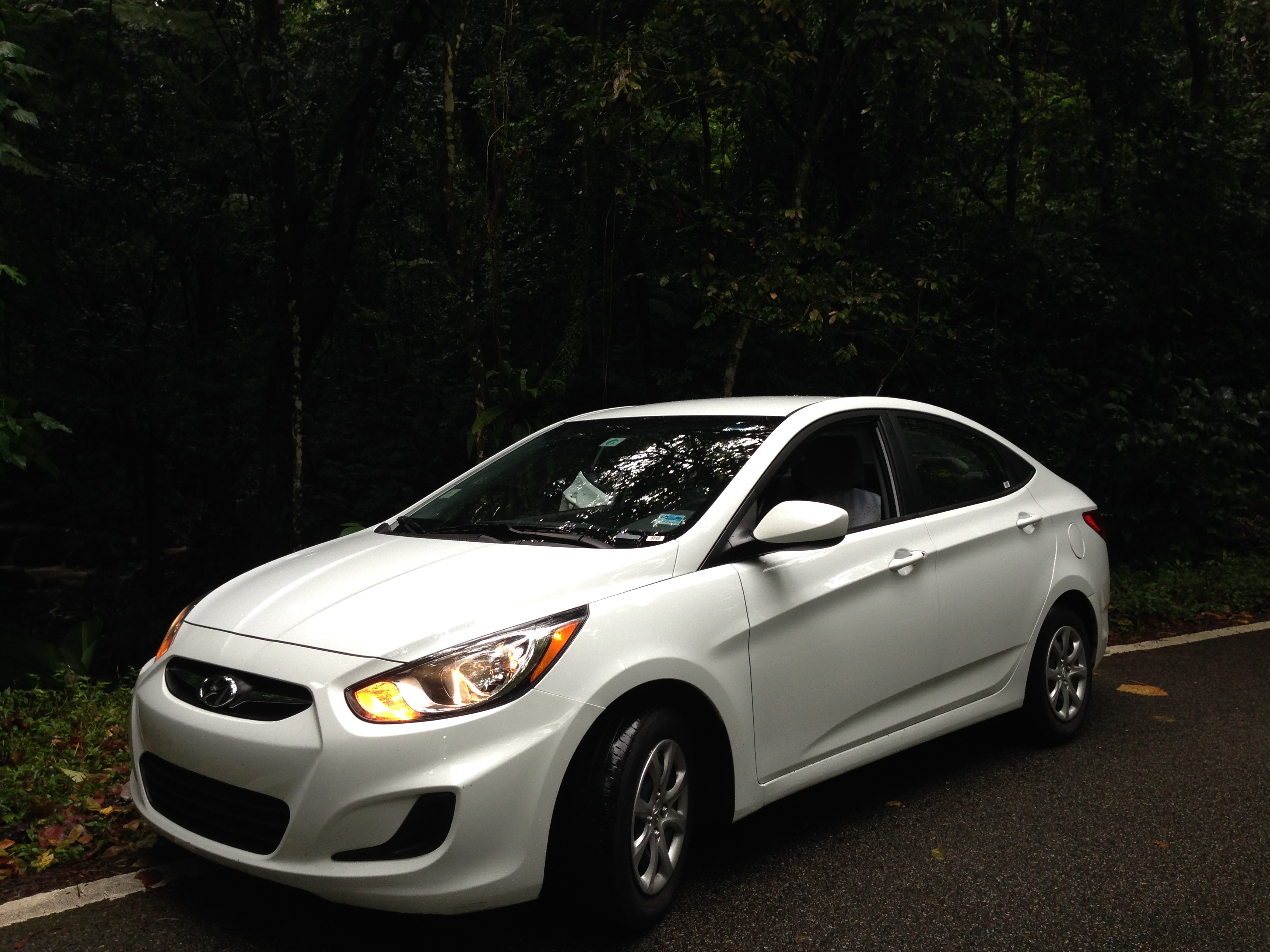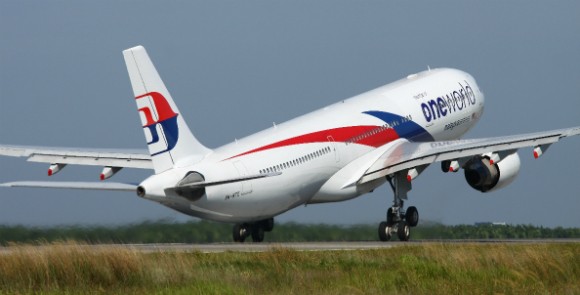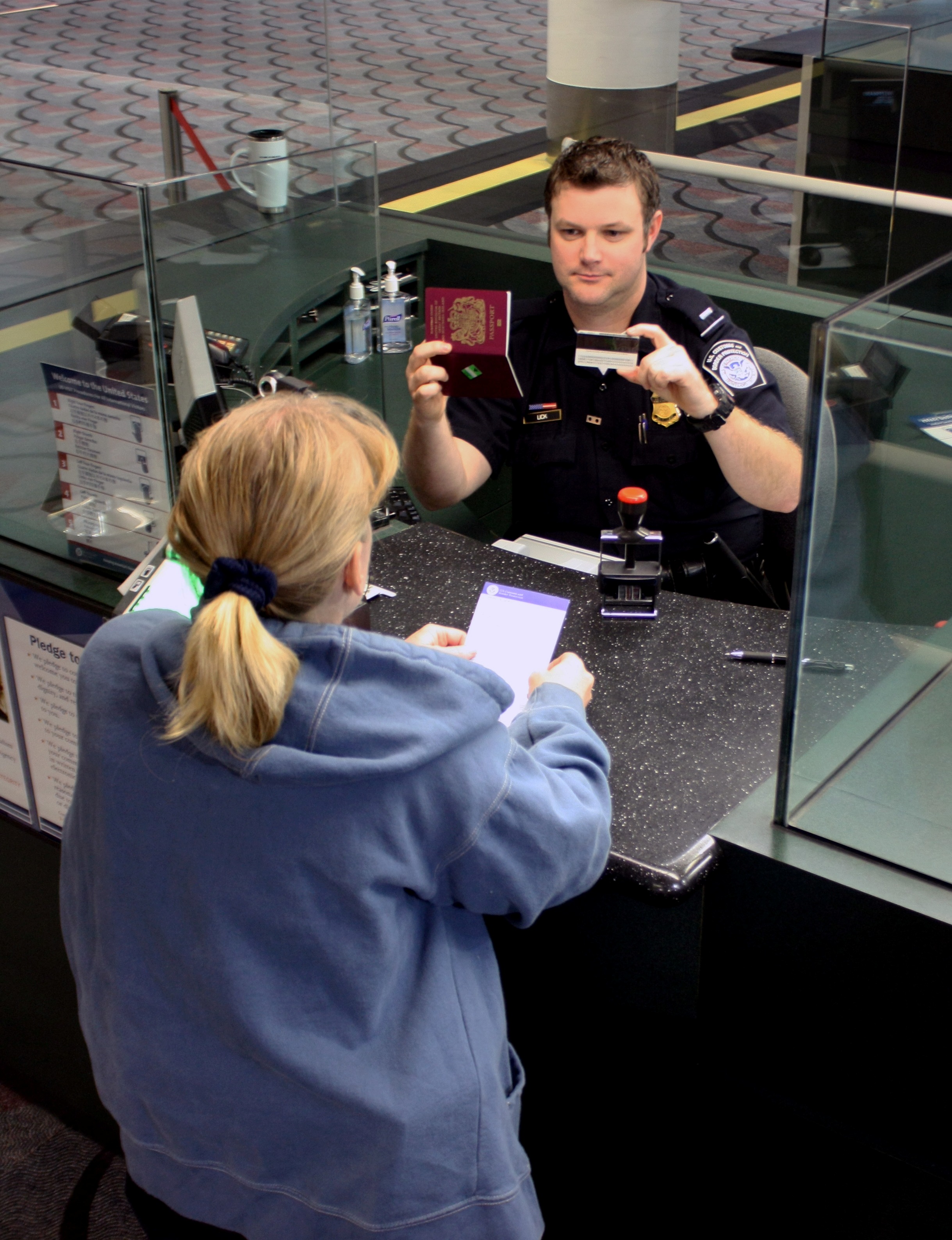Weed is Now Legal in Canada and U.S. Customs and Border Protection Issues Statement

Weed is Now Legal in Canada and U.S. Customs and Border Protection Issues Statement
Weed is now legal in Canada as of October 17, 2018. The decriminalization of marijuana will now allow millions of Canadians, and Canadian tourists, to recreationally use, carry, and grow marijuana.
Canada’s new legislation, known as the Cannabis Act, went into effect Wednesday. It legalizes the use of weed (marijuana) for adults 18 or 19 and above. The minimum age for use depends on the province that you are using in. The new legislation makes Canada the second country in the world — and the only amongst G7 nations — to legalize weed nationwide. Uruguay was the first country to do so in 2013. Travelers should be aware that entering or exiting Canada with weed will remain illegal. The new law merely makes the recreational use within Canada legal.
South of the border, however, weed continues to be illegal under Federal U.S. law. Travelers crossing the border should be mindful of legal penalties should they attempt to smuggle or enter into the United States with a controlled substance as defined by Federal law. Only nine U.S. states and the District of Columbia currently allow the use of recreational weed in some form.
CBP Statement
The U.S. Customs and Border Protection agency released the following statement ahead of Canada’s legalization:
U.S. Customs and Border Protection enforces the laws of the United States and U.S. laws will not change following Canada’s legalization of marijuana. Requirements for international travelers wishing to enter the United States are governed by and conducted in accordance with U.S. Federal Law, which supersedes state laws. Although medical and recreational marijuana may be legal in some U.S. States and Canada, the sale, possession, production and distribution of marijuana or the facilitation of the aforementioned remain illegal under U.S. Federal Law. Consequently, crossing the border or arriving at a U.S. port of entry in violation of this law may result in denied admission, seizure, fines, and apprehension.
CBP officers are thoroughly trained on admissibility factors and the Immigration and Nationality Act, which broadly governs the admissibility of travelers into the United States. Determinations about admissibility and whether any regulatory or criminal enforcement is appropriate are made by a CBP officer based on the facts and circumstances known to the officer at the time.
Generally, any arriving alien who is determined to be a drug abuser or addict, or who is convicted of, admits having committed, or admits committing, acts which constitute the essential elements of a violation of (or an attempt or conspiracy to violate) any law or regulation of a State, the United States, or a foreign country relating to a controlled substance, is inadmissible to the United States.
A Canadian citizen working in or facilitating the proliferation of the legal marijuana industry in Canada, coming to the U.S. for reasons unrelated to the marijuana industry will generally be admissible to the U.S. however, if a traveler is found to be coming to the U.S. for reason related to the marijuana industry, they may be deemed inadmissible.
CBP officers are the nation’s first line of defense in preventing the illegal importation of narcotics, including marijuana. U.S. federal law prohibits the importation of marijuana and CBP officers will continue to enforce that law.
Source: Time
*This post is not intended to be legal advice, nor is anything else found on this blog, and no attorney-client relationship has been formed from reading this blog. Please review and follow local laws and customs at your own risk and seek the assistance of a locally licensed attorney if need be.






